Tell us a little about yourself:
To begin with, I am an animal lover, all animals without exception and as a result I am vegetarian. I have been around animals and dedicated my life to save them. Taking the proper precautions I can handle any animal, from a raccoon, to a bat or even a rattlesnake without fear or concern.
Tell us about your experience as a wildlife professional:
What I love about being a licensed wildlife rehabilitator is the challenges everyday. Everytime I answer the phone I don’t know what I will be facing or doing next, it could easily be rescuing baby opossums, raccoons, squirrels or even a rattlesnake in a tennis court. Every day is a different adventure and that’s what I love.
What brought you into wildlife rehabilitation work?
I was working at the local animal shelter in 2013 when someone brought a handful of baby opossums, knowing that even being a county facility we couldn’t keep them, I contacted a licensed wildlife rehabilitator and brought the babies to her. That day marked the beginning of my new life, I started volunteer for her and when she saw the potential in me to do wildlife rehabilitation, she put me under her license. Then simultaneously in 2017 I started volunteering for another wildlife rehabilitation facility, Pelican Harbor Seabird Station gaining more experience especially with birds. In 2019 I passed my FWC test and in 2021 I opened my own wildlife rehabilitation facility here in Miami, Florida
What wildlife species do you rehabilitate?
Mainly rabies vectors, raccoons and bats but I also handle opossums, squirrels, turtles and tortoises.
What is your fondest wildlife rehabilitation memory?
When I picked up a 50 grams baby opossum in 2017 who mother and siblings were killed by a dog and 3 years later was going to be the reason I became a licensed wildlife rehabilitator and I opened my own wildlife rehabilitation facility in her name, my beautiful and sweet daughter Melina.
What challenges have you faced in your wildlife rehabilitation work?
The outbreak of distemper in raccoons and foxes here in Miami Dade County that has been the most difficult challenge.
Has the IWRC aided in your journey as a wildlife rehabilitation? If so, can you explain how or give an example?
I just joined IWRC not long ago so I’m still discovering areas I can benefit from, for example, I am planning to participate in conferences and workshops.
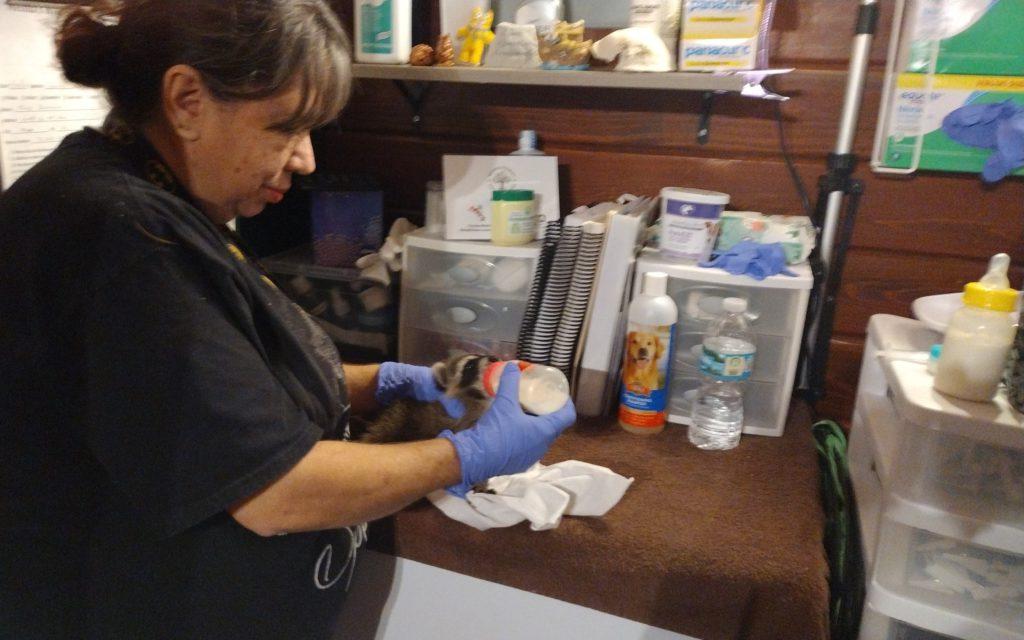
What common misconception about wildlife rehabilitation would you like to dispel?
The fact that many people think we are supported by the federal government or local government entities when the reality is that most of the time, we pay everything out of our own pocket and sometimes with the public donations.
What local, national, or international policy would you like to see that would support wildlife rehabilitation?
The ability to obtain the series of pre exposure rabies vaccine subsidized by the government as they are extremely expensive and unaffordable to many.
What do you hope for the future of wildlife rehabilitation?
Strongest laws to protect our native wildlife.
What message would you like to share with other IWRC members and wildlife rehabilitators across the world?
When you work on what you love, you don’t work a day in your life because everyday is filled with joy and happiness.
Are you passionate about wildlife conservation and rehabilitation? Consider becoming a member of the International Wildlife Rehabilitation Council (IWRC):
https://theiwrc.org/product-category/membership/
As a member of the IWRC, you’ll have access to a wealth of resources and support!
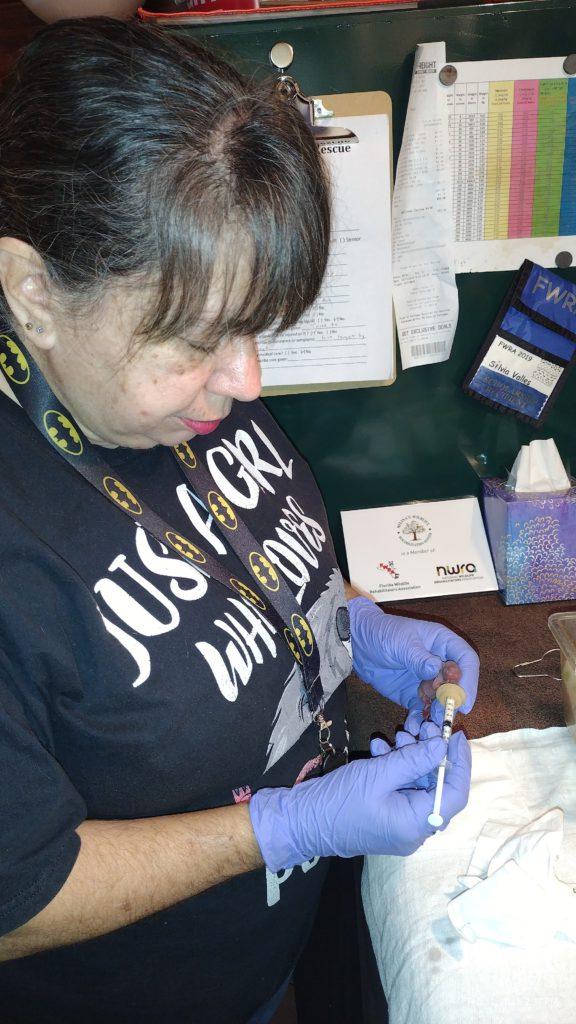
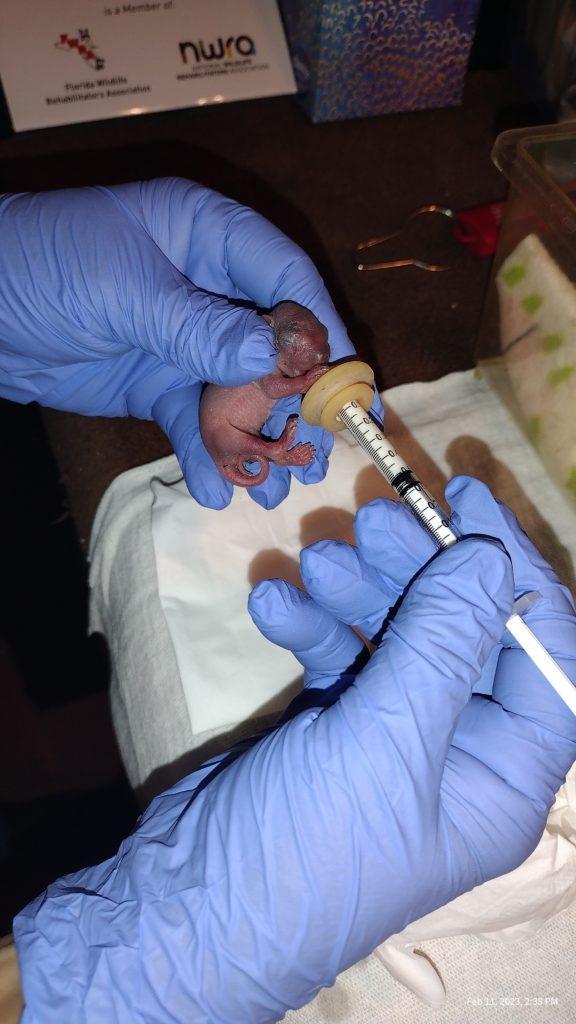
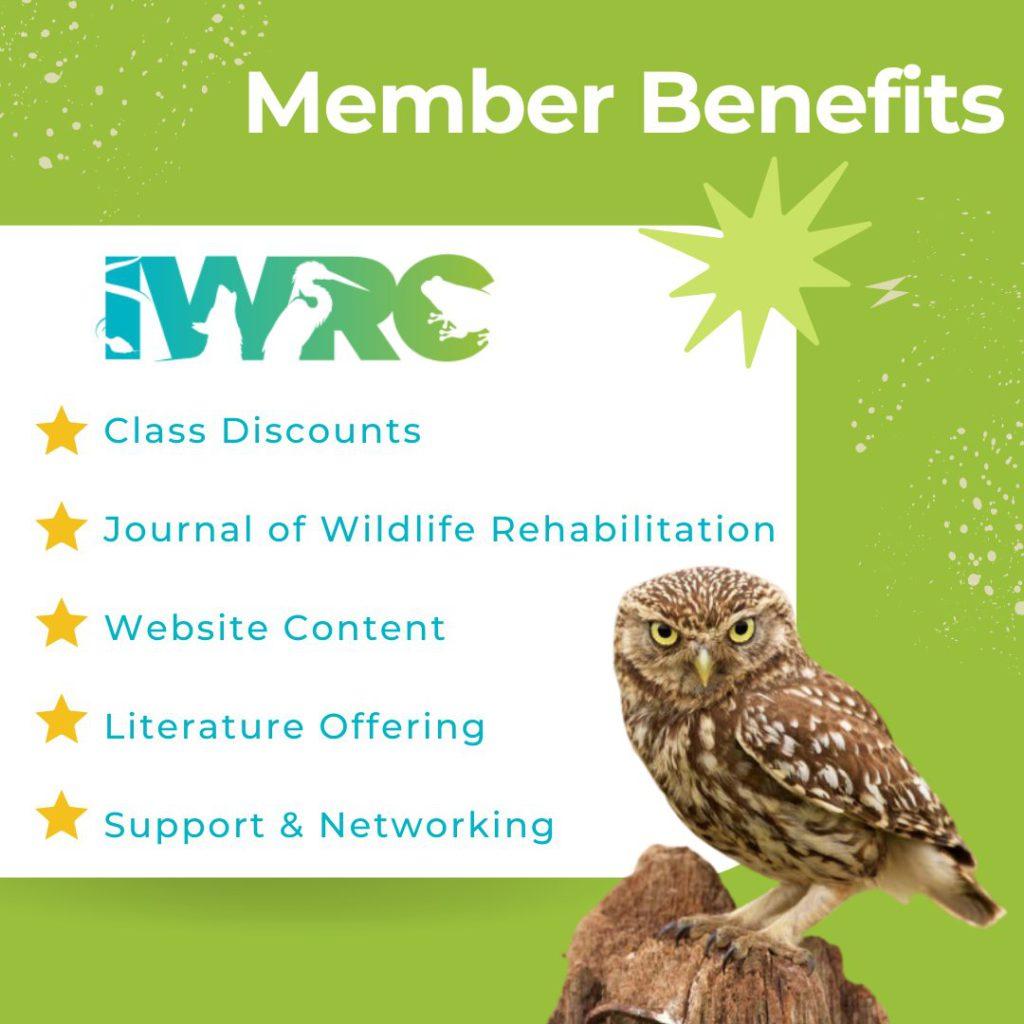
Leave a Reply
You must be logged in to post a comment.